We explain what liberalism is, its origin and fundamental pillars. In addition, its general characteristics and what is neoliberalism.
What is Liberalism?
Liberalism or liberal thought is a doctrine of political philosophy whose fundamental aspect is the defense of individual freedom and private initiatives, thus limiting the powers of the State and its public powers in the social, economic and cultural exercise of societies .Liberalism is a model of thought opposed to absolutism , conservatism and enlightened despotism , defending civil and economic liberties as the foundation of the rule of law and the pact of social coexistence. In that sense, it was essential for the formation of democratic thought and for the separation of powers, fundamental today in the republican order.
The democracies inspired by liberal ideals prevailed in the West since its inception in the eighteenth century when he put a stop to the absolutism of inherited feudal times and the power of the State was subject to the laws of Constitution .
However, during the second half of the 20th century, liberal currents advocated the free economic market and the rise of capitalism , which is why they have been normally associated with the right-wing (conservative) sectors of society.
However, there are liberalisms of different political signs and different economic and social aspirations.
Characteristics of liberalism :
-
Source
Fundamental pillars
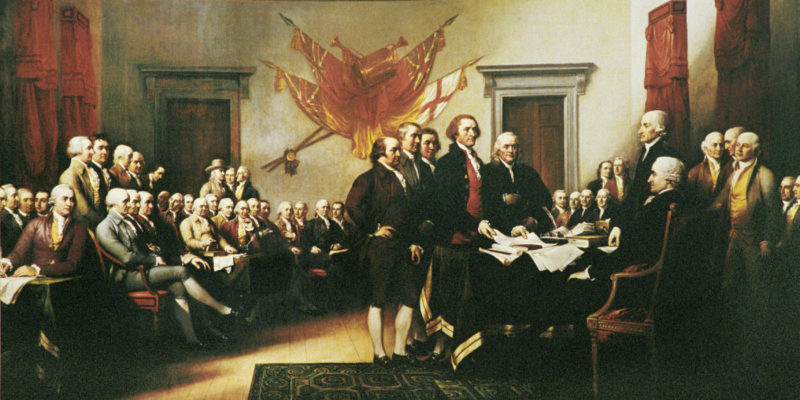
The fundamental precepts of liberalism are:
- Human beings are rational entities. And as such they possess inalienable rights and the ability to choose for themselves. This translates into the right to lead private life as they prefer, protected by Locke's three "natural rights": life, liberty and private property.
- The governed must consent to command. That is, citizens have the right to decide how they are governed without influencing their private affairs, and the political authority will be nothing but the majority consensus in this regard.
- The rule of law. It guarantees equality before the law of both the rulers and the ruled, so that no one can use power to violate the rules of the political game.
-
Individual liberties
Individualism
Liberalism puts individual rights and freedoms above collective ones , since it considers the individual as a unique, primordial person and in full exercise of their own freedoms.
-
Private property
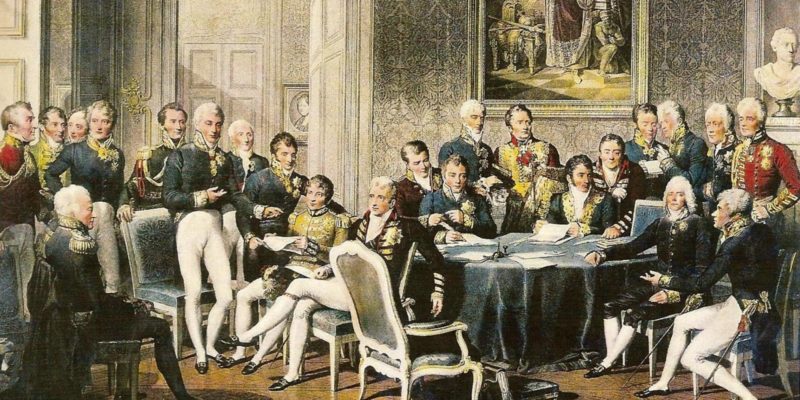 Another fundamental precept of liberalism is private property, as a right that must be guaranteed by law and whose transmission or exchange must be subject to public laws and regulations.
Another fundamental precept of liberalism is private property, as a right that must be guaranteed by law and whose transmission or exchange must be subject to public laws and regulations.
Legal codes
The different social and economic aspects of life, according to liberalism, must be regulated by ordinances, codes, laws and other texts of a juridical and legal nature that are of common acceptance and that are obeyed in all possible cases without distinction . Conflicts and interpretations will correspond, in that sense, to the relevant assemblies, congresses and institutions.
-
Types of liberalism
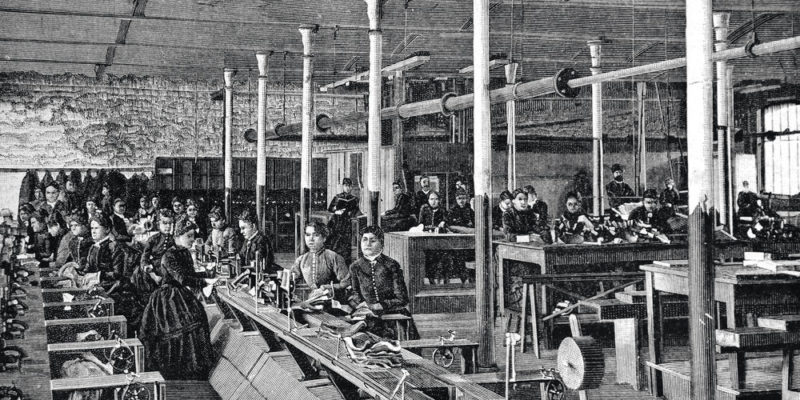 Liberalism is commonly viewed on the basis of two separate aspects:
Liberalism is commonly viewed on the basis of two separate aspects:
- Social. Social liberalism applies to the political life of individuals, putting an end to the powers of the State in its eventual interference in the private life of people, from the non-regulation of marriage to the liberalization of education . There are different currents with points of view regarding each topic.
- Economic. Economic liberalism has to do instead with the material development of individuals, which corresponds to private and free initiative, with the least amount of possible state interference, such as taxes, regulations, etc.
Benthamianism vs. Paretianism
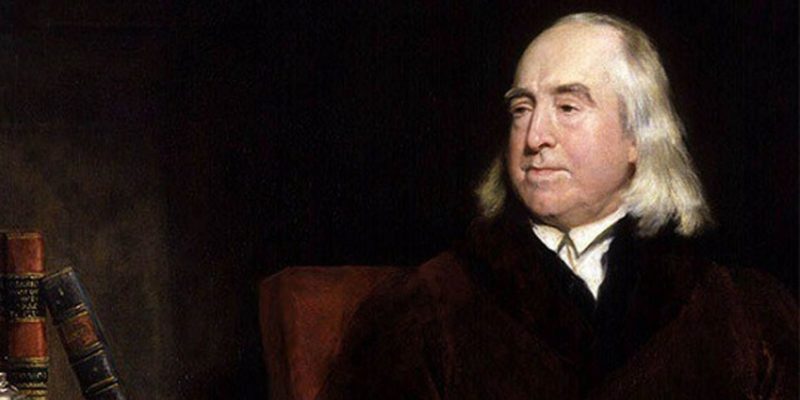
Two antagonistic currents in liberalism are often identified: that promulgated by Jeremías Bentham and that defended by Wilfredo Pareto . Both aspects disagree with respect to the way of understanding the social satisfaction of individuals.
The Benthamian model proposes a homogeneous evaluation of the principles of satisfaction for all men, assuming that their needs are more or less the same in essence. While for parenting the satisfaction of an individual is incomparable with that of another , and therefore can not be measured or quantified.
-
Neoliberalism
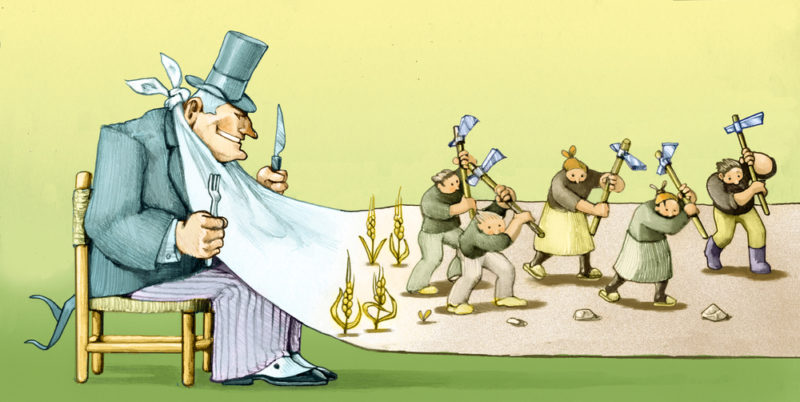 Neoliberalism or new liberalism was a capitalist economic and political philosophy invented and put into vogue during the 1970s and 1980s, and whose doctrine proposed the deregulation of the market , the minimization of the State and the privatization of services and public goods, as well as the downsizing of the state presence in society.
Neoliberalism or new liberalism was a capitalist economic and political philosophy invented and put into vogue during the 1970s and 1980s, and whose doctrine proposed the deregulation of the market , the minimization of the State and the privatization of services and public goods, as well as the downsizing of the state presence in society.It is a trend that is highly reproached , such as having further impoverished the Third World , but still has a large following.
Main authors
Some of the main thinkers regarding liberalism and liberalism as a doctrine are John Locke, Baron de Montesquieu, Adam Smith, Jeremy Bentham, Benjamin Franklin, Edmund Burke, Max Weber, José Ortega y Gasset, Karl Popper, Ayn Rand, among others.
The above content published at Collaborative Research Group is for informational and educational purposes only and has been developed by referring reliable sources and recommendations from experts. We do not have any contact with official entities nor do we intend to replace the information that they emit.
Abubakr Conner brings a diverse skill set to our team, and covers everything from analysis to the culture of food and drink. He Believes: "Education is the most powerful weapon that exists to change the world." .
Leave a reply
Your email address will not be published. Required fields are marked *Recent post

Sport: What Is It, Types, Risks, Features, Characteristics and Examples

Dogs: Emergence, Features, Characteristics, Feeding and Breeds

Story: Definition, Elements, Structure, Features and Characteristics

